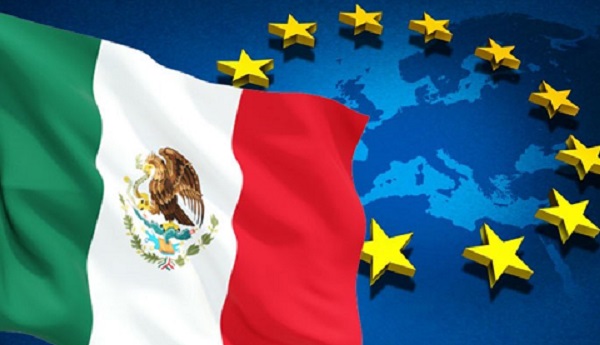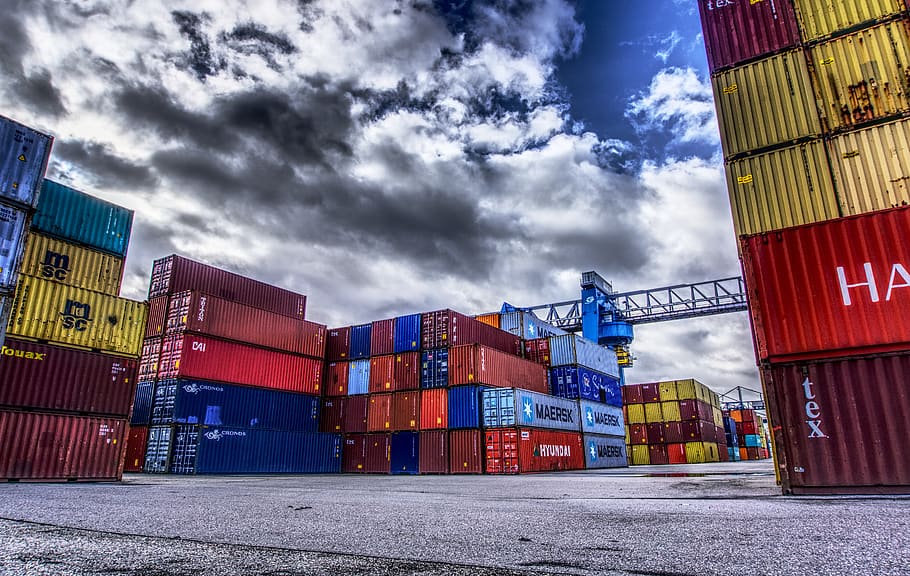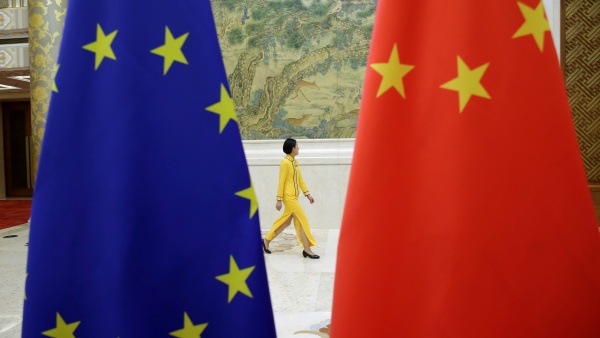
On August 6th, President Trump issued his long-promised Buy American executive order (EO) on medicines. The Executive Order on Ensuring Essential Medicines, Medical Countermeasures, and Critical Inputs Are Made in the United States seeks to

On July 8, the United States and the Republic of Kenya launched negotiations of a free trade agreement (FTA). Both countries have set out their objectives for the negotiations. The U.S. aims for government procurement mirror its objectives for the

On June 17, the European Commission proposed new legal instruments to address distortions caused by foreign subsidies. One is a general market security instrument; a second focuses on foreign subsidies that facilitate the acquisition of EU companies and the

On April 28, the European Union and Mexico concluded negotiations of “the last outstanding element” of their new trade agreement that was announced two years ago. The missing element was “the exact scope” of the opening of their public procurement

A Djaghe reference paper, U.S. Laws Limit Procurement Commitments, examines the relationship between U.S. laws that restrict the purchase of foreign goods and services and U.S. commitments under international trade agreements. The paper generally

In its 2020 National Trade Estimate on Foreign Trade Barriers (NTE), the U.S. Trade Representative (USTR) catalogued trade barriers in 63 countries, customs territories and regional associations, including the 50 largest markets for U.S. goods. This

A Djaghe reference paper, U.S. Trade Agreements with Procurement Commitments, examines bilateral trade agreements that the United States has entered with government procurement commitments. These agreements build on U.S. obligations under the WTO

On January 1, 2020, China implemented a new Foreign Investment Law (FIL) along with implementing regulations. The Law, adopted by the National People’s Congress in March 2019, was designed to ease restrictions on foreign firms’ operations in China and

In a January report, BUSINESSEUROPE, a leading business organization, called on the European Union to rebalance its relationship with China in order to address systemic challenges arising from its state-led economy that are leading to market distortions

The U.S. trade advisory committees submitted reports to the U.S. Trade Representative (USTR) in October on the recently signed U.S.-Japan trade agreements on agricultural and industrial tariffs and digital trade, referred to as “Stage